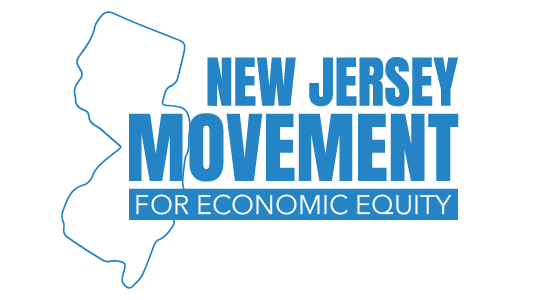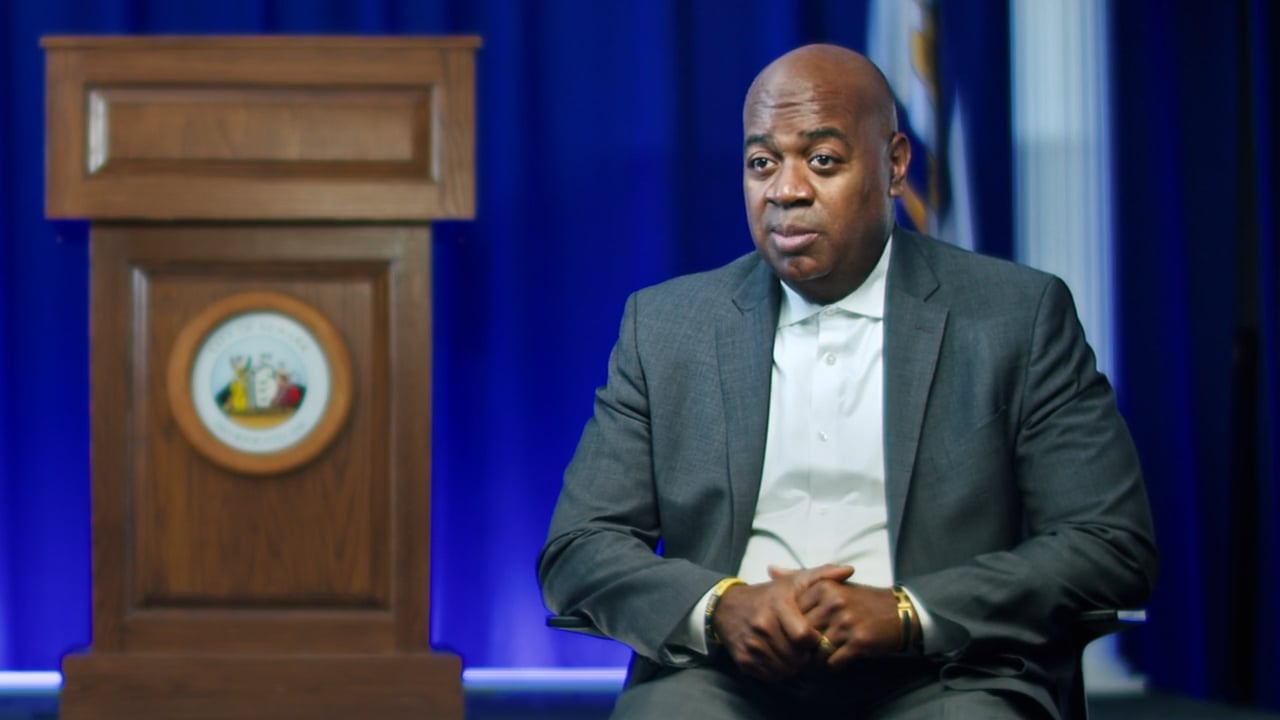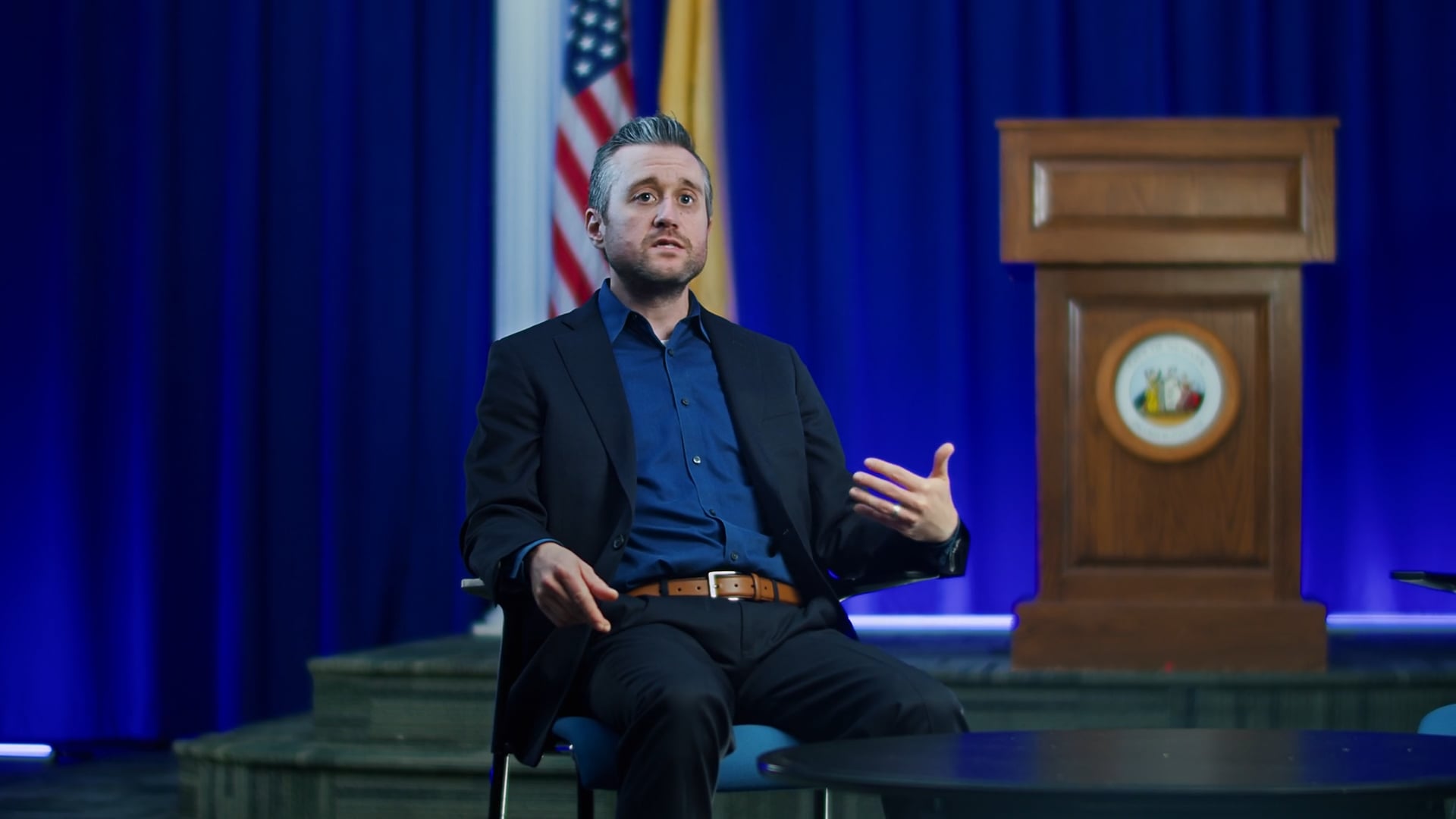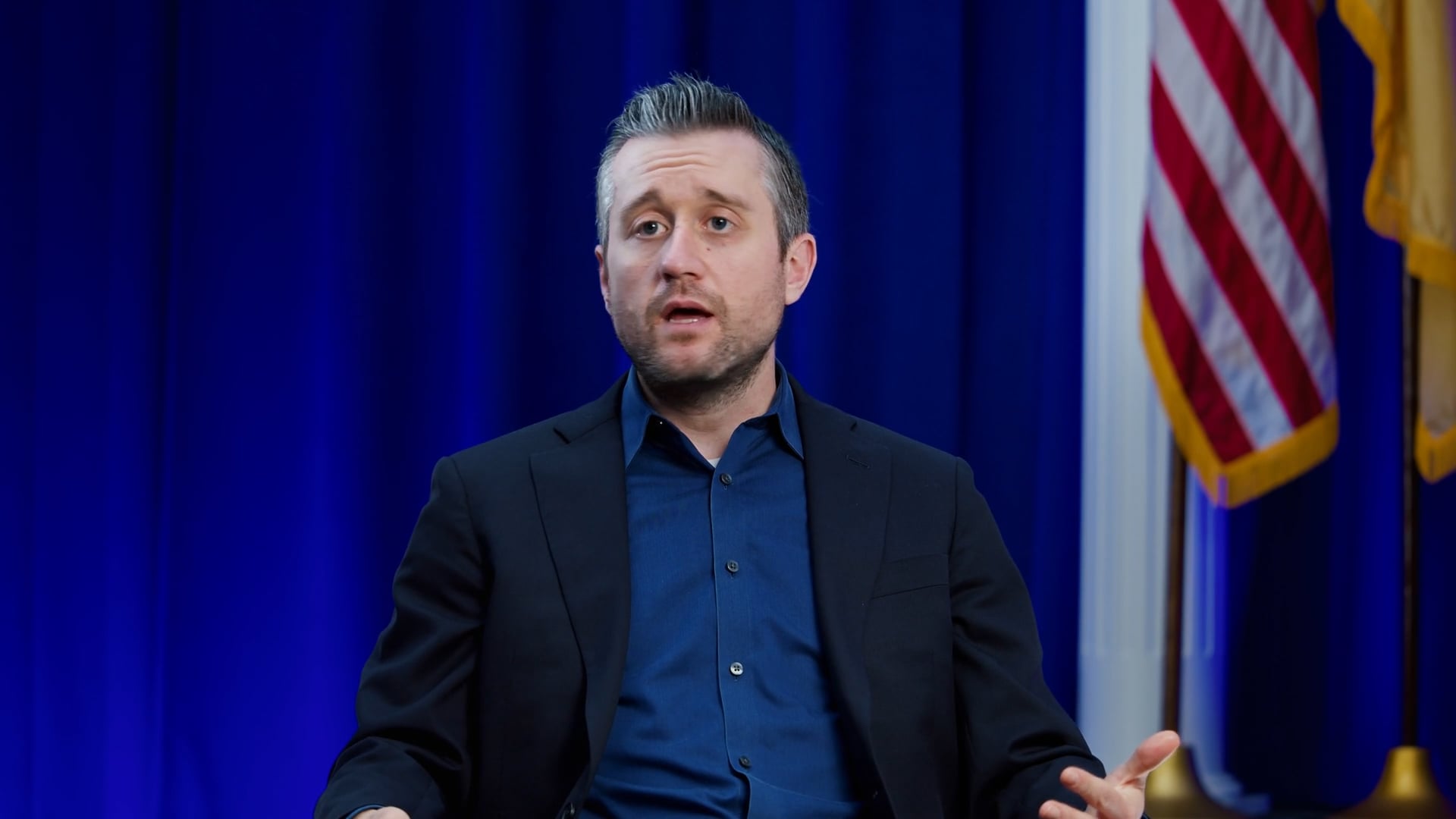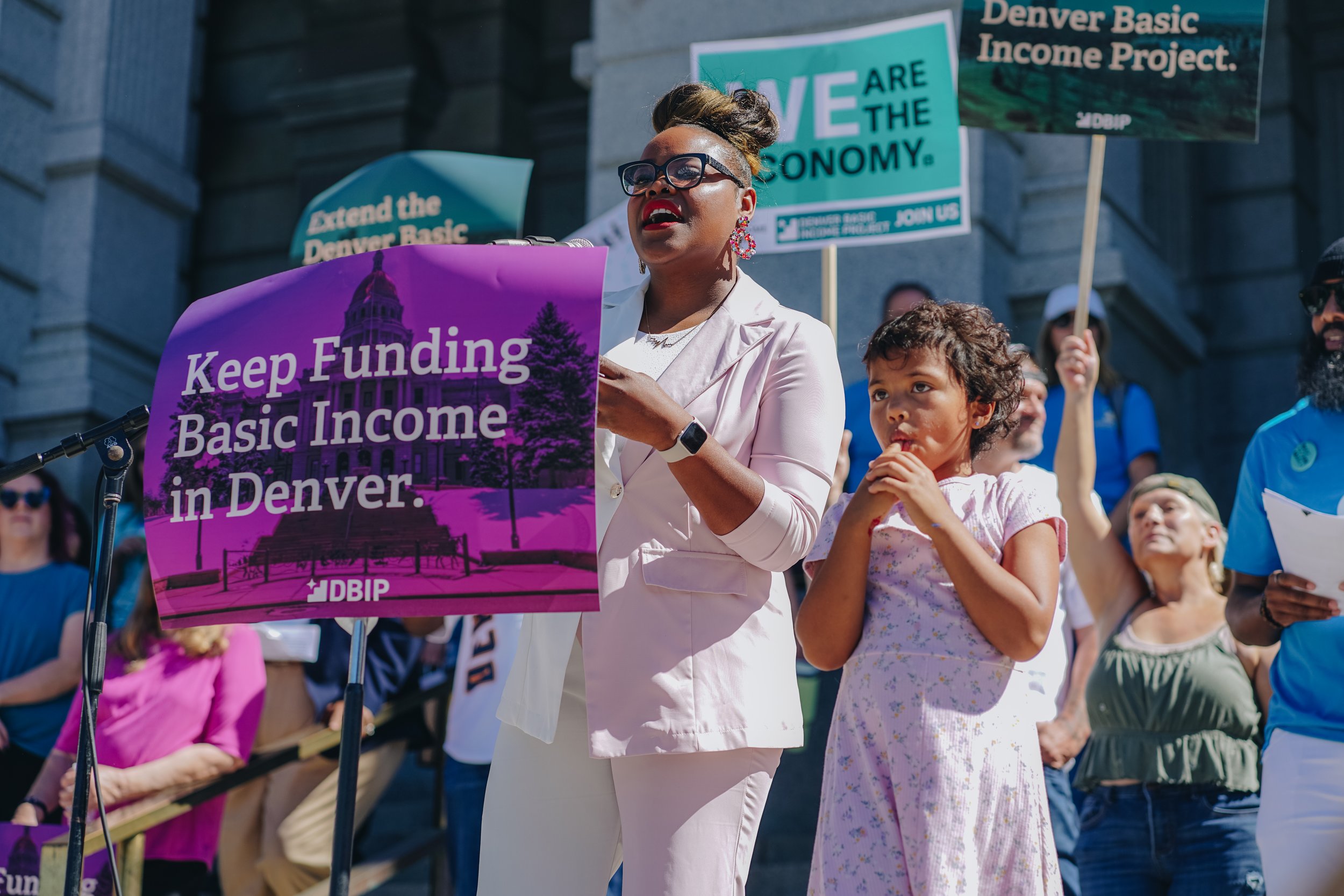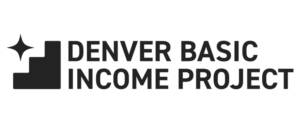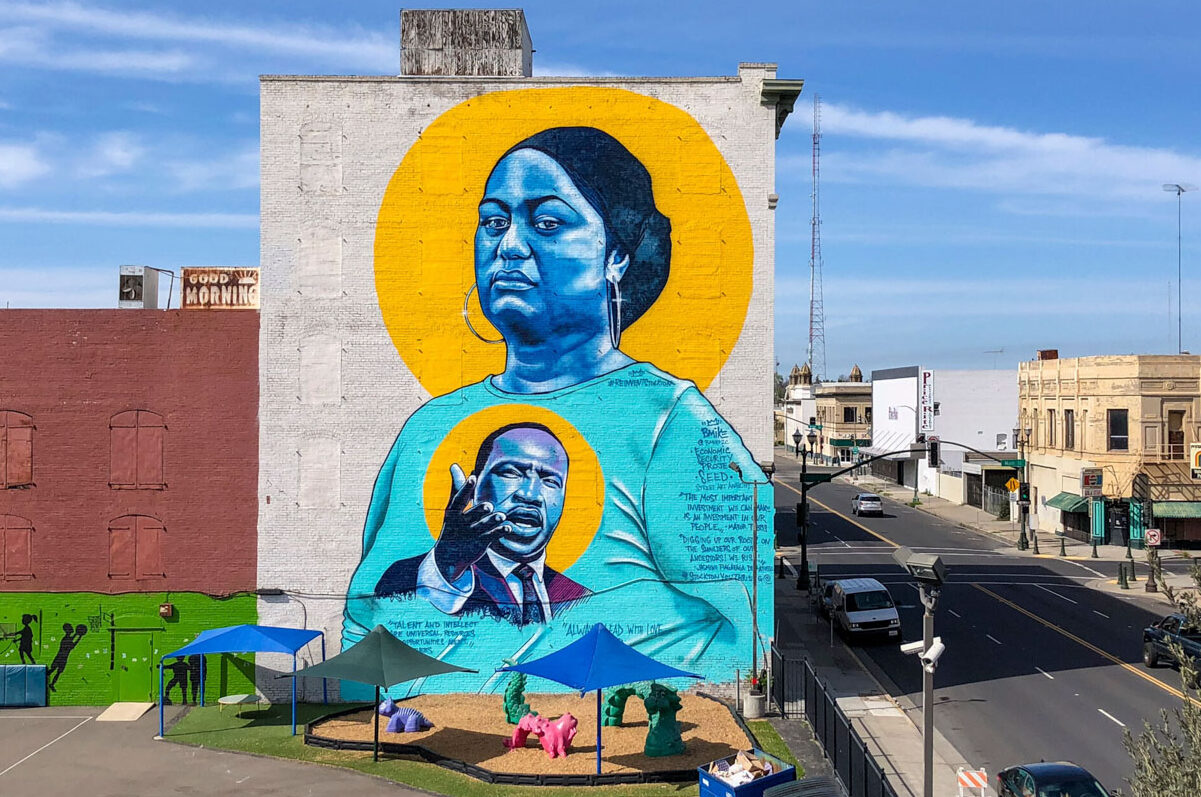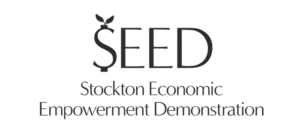Case Studies
The benefits of cash assistance with limited administrative burden are clear: individuals and families improve on almost every metric, from health and child development to housing security and employment.
Guaranteed Income is an unconditional cash payment given directly to individuals who meet established eligibility requirements. There is no stipulation on how the income is utilized. Many economists and advocates uphold it as an important step towards economic equity.
Thinkers as diverse as Thomas Paine, Milton Friedman, and Martin Luther King Jr. have supported the idea of direct payments to individuals, with a recent history of activism from people of color and city and county leaders across the country.
New Jersey has implemented two guaranteed income pilots: the Newark Movement for Economic Equity (NMEE)in Newark, New Jersey, and the Paterson Guaranteed Income Pilot Program (Paterson GIIP) in Paterson, New Jersey.
Both pilots were conducted in partnership with Mayors for a Guaranteed Income and its research partner, the Center for Guaranteed Income Research at the University of Pennsylvania.
Statewide Initiatives: Newark, New Jersey
Launched in 2021, NMEE’s guaranteed income pilot served over 400 Newark residents, with participants receiving direct cash payments in two cohorts over the course of two years. Participants received payments in two frequencies – either $3,000 twice yearly, to simulate the “tax credit or stimulus effect,” or bi-weekly payments of $250 to simulate the “paycheck effect.”
Newark’s guaranteed income pilot represents a bold step towards addressing economic disparities and fostering inclusive prosperity for its diverse communities.
For more, click here.
Guaranteed Income for Newark and Beyond
Guaranteed Income for Newark and Beyond
Ras J. Baraka, Mayor of Newark, New Jersey, explains why he is a strong believer in guaranteed income programs as a preferred policy tool for upward economic mobility.
The Newark GI Pilot Explained
The Newark GI Pilot Explained
Kevin Callaghan, Newark Philanthropic Liaison, explains the origin and format of Newark's guaranteed income pilot program.
The Newark GI Pilot Explained
Kevin Callaghan, Newark Philanthropic Liaison, explains the origin and format of Newark's guaranteed income pilot program.
Why Guaranteed Income Works
Why Guaranteed Income Works
Kevin Callaghan, Newark Philanthropic Liaison, explains why guaranteed income is a powerful resource for Newarkers and why it should expand statewide.
GUARANTEED INCOME
Statewide Initiatives: Paterson, New Jersey
The Paterson Guaranteed Income Pilot Program (Paterson GIIP) launched in 2021 and financially supported low-income residents. The Paterson GIPP provided 110 participants with a monthly cash payment of $400 over the course of one year with no conditions on how it would be spent. As with the Newark guaranteed income program, participants were chosen through a randomized lottery to ensure a fair selection process, emphasizing inclusivity and diversity.
PATERSON, NEW JERSEY
In both Newark and Paterson pilots, researchers monitored and evaluated the program’s impact on participants’ financial health, employment status, mental health, and overall quality of life.
Overall, the New Jersey guaranteed income projects emphasized the potential of direct financial support to transform lives and promote economic mobility.
GUARANTEED INCOME
Nationwide Initiatives
Mayors and cities around the United States are successfully implementing cash assistance and child tax credit programs.
The national guaranteed income movement has gained tremendous momentum in the last few years.
The success of direct cash payments during the COVID-19 pandemic demonstrated the feasibility and benefits of guaranteed income, providing a practical example of how such programs can be executed on a larger scale.
For example, The Stockton Economic Empowerment Demonstration (SEED) from Stockton, California, was one of the first significant pilots, providing $500 monthly to 125 residents for 18 months. SEED spearheaded and inspired a movement of mayor-led guaranteed income pilots nationwide.
These pilots have been accompanied by rigorous research led by institutions such as the Center for Guaranteed Income Research at the University of Pennsylvania. Studies convey positive outcomes, including reduced financial stress, improved mental health for families and children, and perhaps most notably, that participants in guaranteed income programs are more likely to find full time employment.
The progress of the national guaranteed income movement suggests a shift towards more inclusive and equitable economic policies.
CHILD TAX CREDIT
New Jersey
The Child Tax Credit (CTC) utilizes information in the tax filing system to provide tax credits to qualifying families, typically low—to middle-income families. The CTC alleviates families’ financial burden and reduces child poverty.

New Jersey’s CTC Program provides up to $1,000 per child under age six to taxpayers earning less than $80,000.
Despite this support, due to the high cost of living and child care in New Jersey, these benefits are just not enough to combat New Jersey child poverty or lift families out of financial instability.
Advocates call for an annual tax credit of $2,000 for all children under age 18 to reduce child poverty, support family financial stability, and stimulate economic growth.
The CTC provides a social safety net for society’s most vulnerable, and expanding it to $2,000 for all children would be an investment in the well-being and development of children and communities.
CHILD TAX CREDIT
National – U.S.
In the United States, the Child Tax Credit (CTC) allows parents to receive credit for each qualifying child under a certain age.
In 2021, as part of the American Rescue Plan, the federal government increased the Child Tax Credit from $2,000 to $3,600 for qualifying children under age six and $3,000 for other qualifying children under age 18, making it fully refundable.

Research showed that this change significantly improved outcomes for families and communities nationally.
Child poverty was reduced by almost half, and food insecurity was decreased by more than a quarter among households with children.
When the Child Tax Credit expansion was not renewed in 2023, child poverty predictably returned to pre-pandemic levels from 5.2% with the expansion to 12.4% when it ended. There have since been bi-partisan efforts to restore the CTC expansion in Congress.
Advocates continue to use the positive outcomes and impact of the American Rescue Plan child tax credit adjustments to push for a higher child tax credit to combat the national child poverty crisis and support the development of prosperous families and communities.
